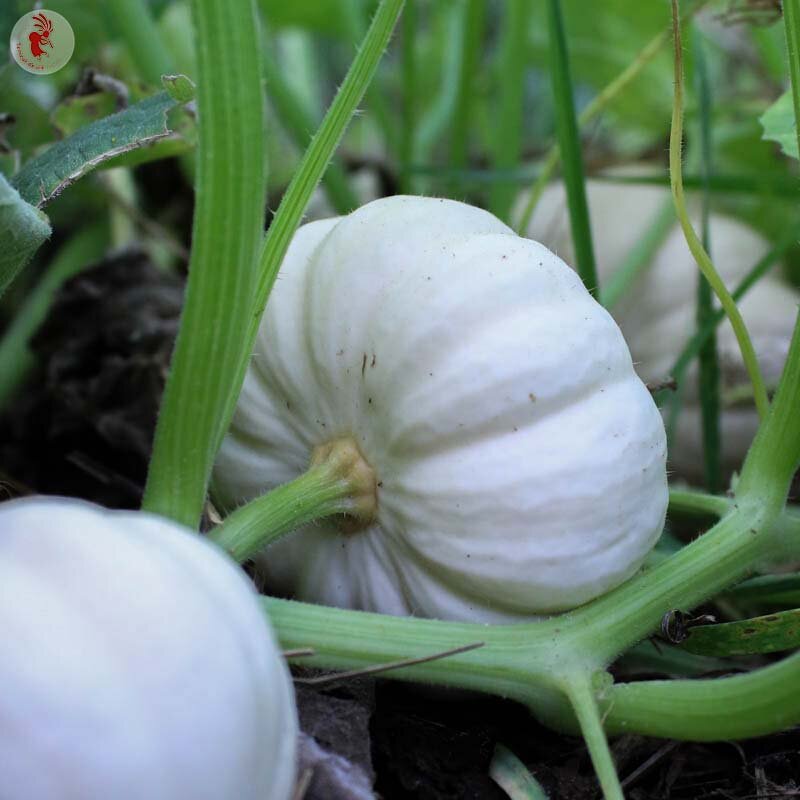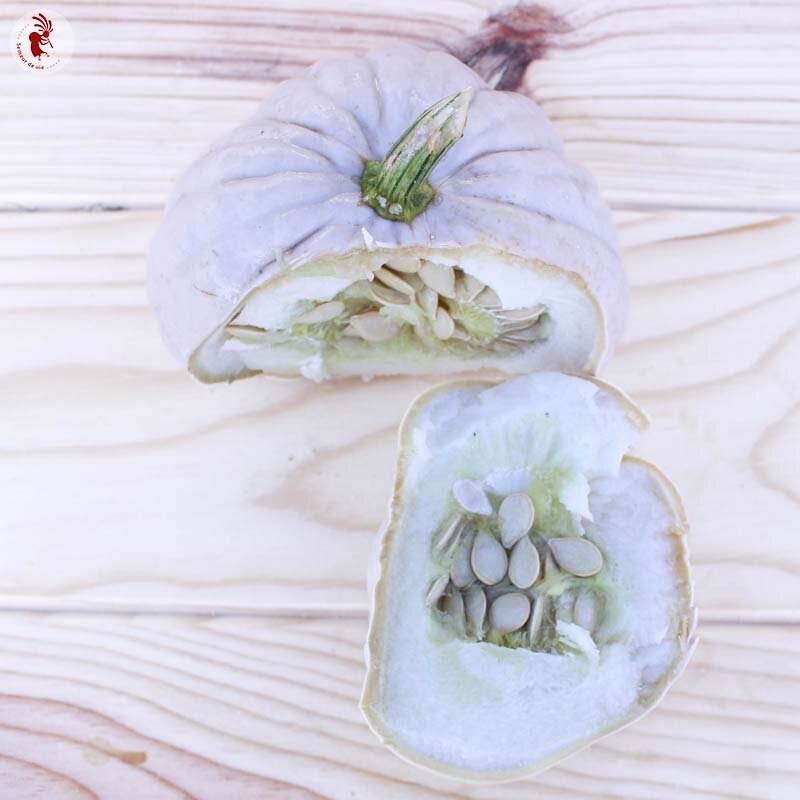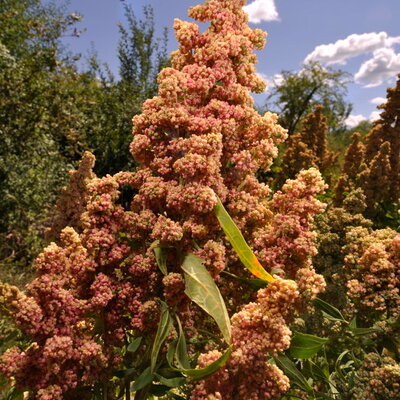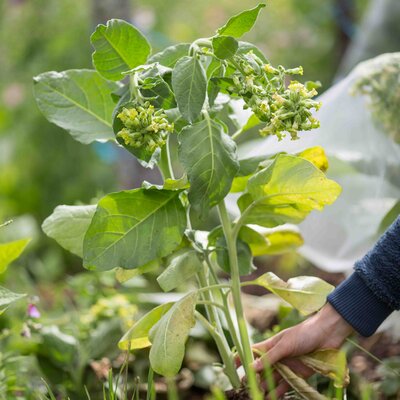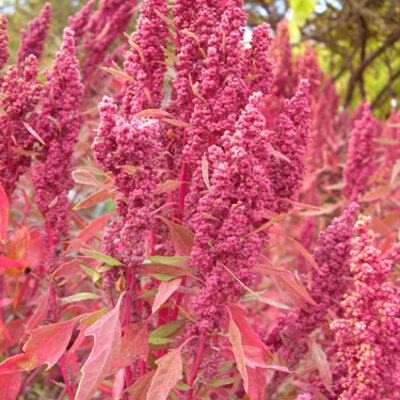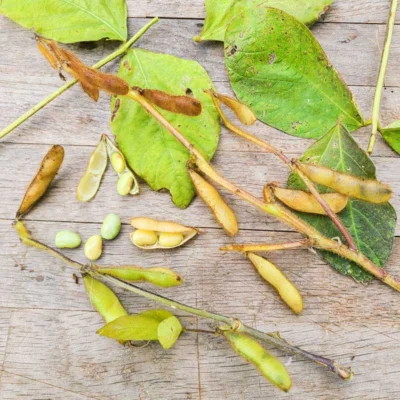Baby Boo - Pepo squash
Baby Boo squash is a highly decorative variety that produces numerous small, creamy-white, flattened, ribbed fruits that turn yellow when fully ripe. The flesh is also white, dense and sweet, with a chestnut-like flavor.
The fruit can be stored for over a year.
Characteristics of Baby Boo squash
Baby Boo squash, Cucurbita pepo, is a variety of fruiting vegetable native to the United States. It was developed by John Jaunsem of West Milton, Pennsylvania, and introduced to the market in 1990. This runner variety produces 8 to 10 round, flattened, ribbed fruits, 5 to 8 cm in diameter and weighing 100 to 200 g, white in color, turning yellow when ripe. These fruits, with their white, tender, sweet, chestnut-like flesh, keep very well and are often eaten stuffed like potatoes. Squash flowers are also edible.
Baby Boo squash seedlings
Baby Boo squash is sown in pots 2 to 3 weeks before transplanting, from March to May, in bunches of 2 to 3 seeds.
Place seedlings under a light shelter, at a temperature of between 18 and 20°C, and keep the substrate moist until the seeds emerge. Be careful not to sow squash seeds too early in the season, in which case the roots will become fibrous, making growth difficult in the garden. Transplant into the vegetable garden once the last frosts have passed.
From April to June, after the last risk of frost, it is possible to sow directly in the garden in 2 to 3-seed stacks.
Prepare 2 weeks in advance holes filled with compost or organic matter, spaced 2 m apart in all directions, to accommodate the squash plants or seeds. Mulch the soil to maintain sufficient humidity and limit water evaporation.
Next to the squash, we recommend sowing corn and beans, giving rise to the "three sisters" or milpa crop. Basil plants can also be planted to repel pests.
Harvesting Baby Boo squash
Although Baby Boo squash fruits can be harvested and eaten immaturely, those intended for winter storage should be picked as late as possible, before the first frosts, from July to November, when the stalk begins to dry out and the skin becomes thick. Be careful not to tear them off, but cut as close as possible to the stem, 10 cm above the stalk.
Baby Boo squash storage
This variety of pepo squash can be stored all winter in a dry, well-ventilated room, at a temperature of between 10 and 12°C. Place the fruits, spaced apart and tail up, in crates set high up, or freeze them, after slicing and cooking, for up to a year's storage. In terms of cooking recipes, this vegetable plant can be eaten stuffed, like potatoes, in mashed potatoes or vegetable soups.
These products may also be of interest to you
in the ground, in bucket
Sow in pots at 18-20°C, 2 to 3 weeks before planting. Transplant with the root ball into the ground, after the last frosts, at a minimum distance of 2 m in all directions. To sow directly in the ground, sow after the last frosts, once the soil has warmed up. In both cases, prepare holes filled with compost or organic matter two weeks in advance to accommodate your seedlings or seeds.
March, April, May
April, May, June
June, July, August, September, October, November
in the ground
sunny
fort
humus
drained, rich
Cucurbita pepo
mid-season
From 200 to 400 g
12 seeds
flattened and ribbed
tender
Yellow
edible
From 150 to 400 cm
From 5 to 8 cm
runner
United States
1990
This variety was developed by John Jaunsem of West Milton, Pennsylvania, and brought to market in 1990.



